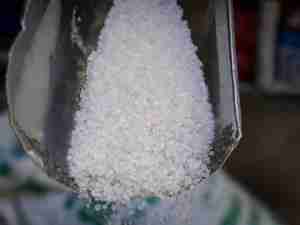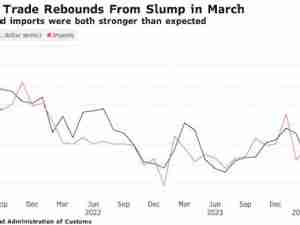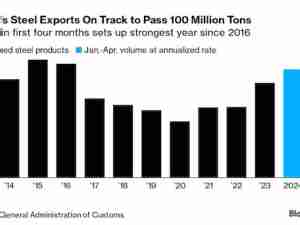Indonesia posts small trade surplus on weak economic activity
By: Reuters | Sep 02 2014 at 07:02 PM | International Trade
Indonesia's trade balance returned to a small surplus in July due to a sharp fall in imports as economic activity slowed during the Muslim fasting month in Southeast Asia's largest economy.
Data from the statistics bureau showed Indonesia ran a small trade surplus of $123.7 million in July, compared to a revised deficit of $288 million the previous month. Analysts polled by Reuters had expected a $390 million deficit.
The surplus stands in stark contrast to the record $2.33 billion trade deficit Indonesia posted in July last year.
Imports tumbled 19.31 percent on a year-on-year basis, the steepest drop since the global financial crisis, and was worse than the 10 percent fall forecast by the Reuters poll.
"We have been expecting further moderation in import growth, reflecting slowing domestic demand," said Santitarn Sathirathai, an analyst with Credit Suisse in Jakarta.
Exports of commodities, such as palm oil and coal, remained weak because of low prices, despite the volume of palm oil exports being at this year's highest in July.
Shipments of manufactured goods were higher, but overall exports were 6.03 percent lower than a year earlier, disappointing the polls' forecast for 2 percent growth.
On the upside, Indonesia made its first exports of mineral concentrates in July after a five month hiatus due to a dispute between mining companies and the government over an export tax.
The surplus in July brought the total trade deficit for the first seven months of this year to $1.01 billion, compared with $5.67 billion during the same period of 2013.
The improvement reflected Bank Indonesia's efforts to curb imports by tightening monetary policy, analysts said.
The current account deficit has improved more slowly however. Bank Indonesia expects a current account deficit at 3.2 percent of gross domestic product this year, slightly lower than last year's 3.3 percent.
And the improvement in the trade balance could stall due to the outgoing President Susilo Bambang Yudhoyono's refusal to raise fuel prices before the transfer of power to president-elect Joko Widodo in October.
A fuel price hike would help decrease demand for oil imports used to produce subsidized fuel.
Delaying an increase in prices at least takes some pressure off inflation. Annual inflation eased to 3.93 percent in August from 4.53 percent in July. Inflation has slowed since its peak in August last year after a 44 percent fuel price hike a month earlier. (Reuters)









